Money lessons you should teach your children at home-school
Financial lessons now that will pay off in later life
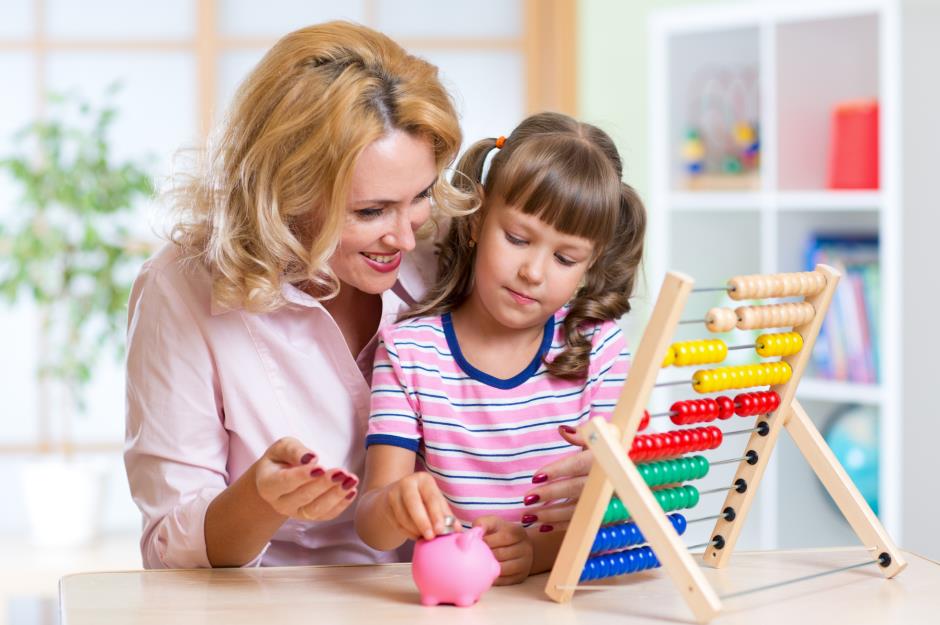
During the coronavirus pandemic many parents across the world have been thrust into the role of teacher as schools have temporarily shut, and alongside schoolwork this is a great opportunity to teach children about money. Children as young as two or three can understand simple money problems, and research by Cambridge University suggests they have formed financial habits by the age of seven! Starting early can save a lot of later life mistakes, so click or scroll through to discover the money lessons you should try to teach your children.
1. Where money comes from
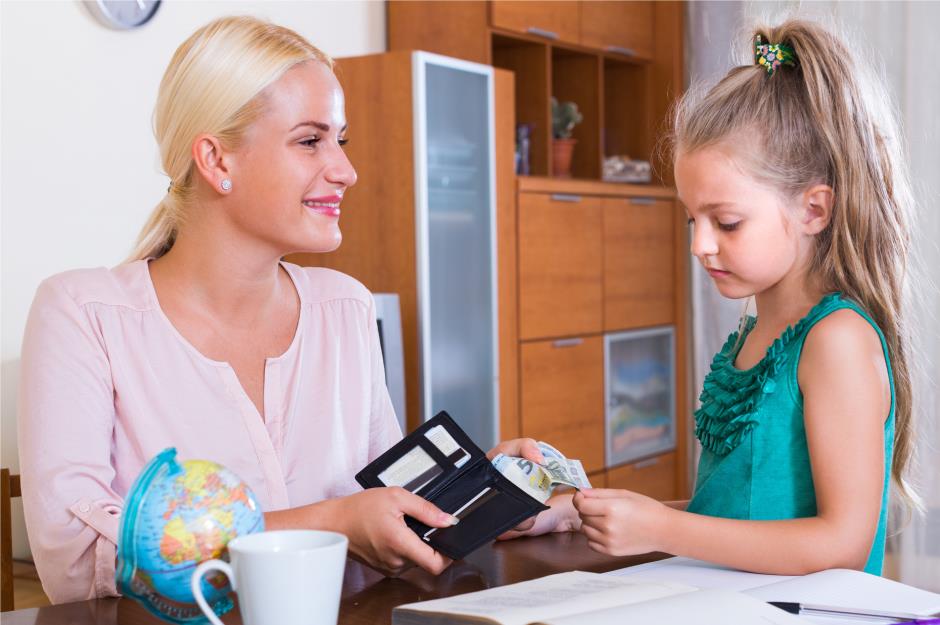
2. Money doesn't grow on trees

Sponsored Content
3. Taxes matter

4. File taxes correctly
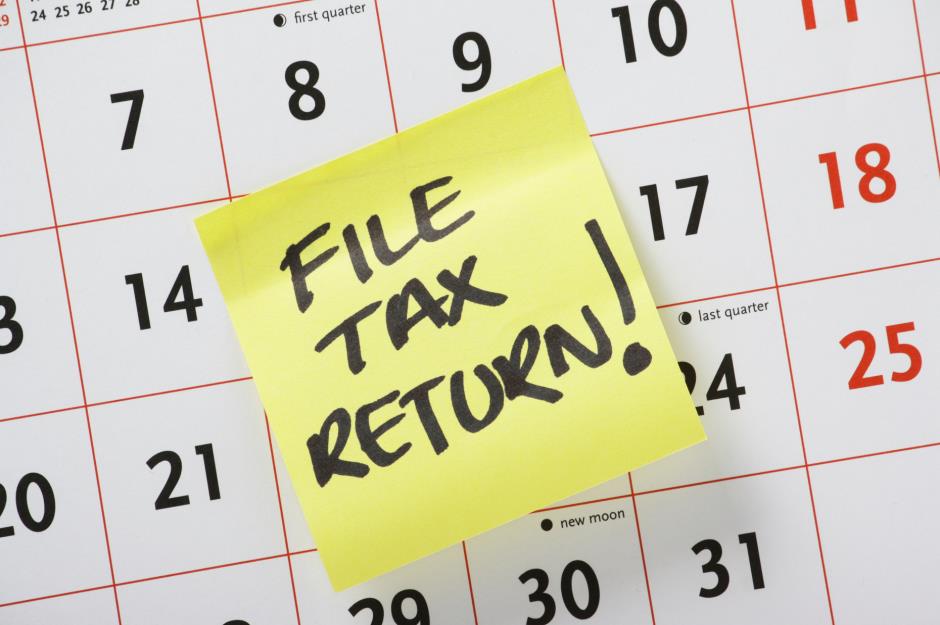
5. Budgeting

Sponsored Content
6. Saving for something feels good
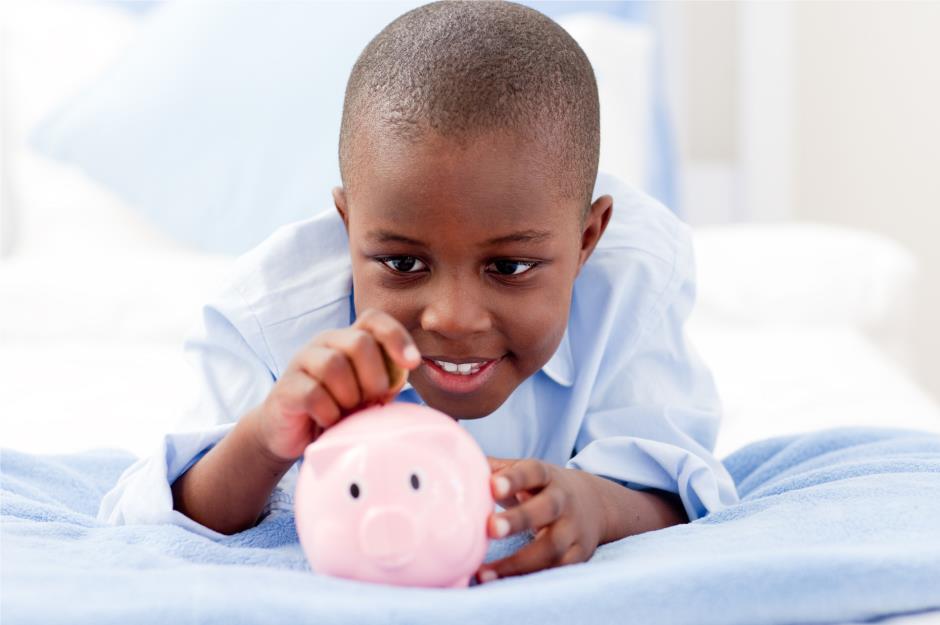
7. Saving for the future is important

Most parents and grandparents contribute to a savings account for their children. While it is important to help children save for big expenses in adulthood (like college, a mortgage or even a pension), paying directly into a savings account won’t help them learn. Try giving children a larger amount of pocket money each time, and teach them how to stash 10% away in their account. There are many brilliant savings accounts and apps for kids, such as iAllowance in the US and gohenry in the UK.
8. It's important to shop around for the cheapest deal
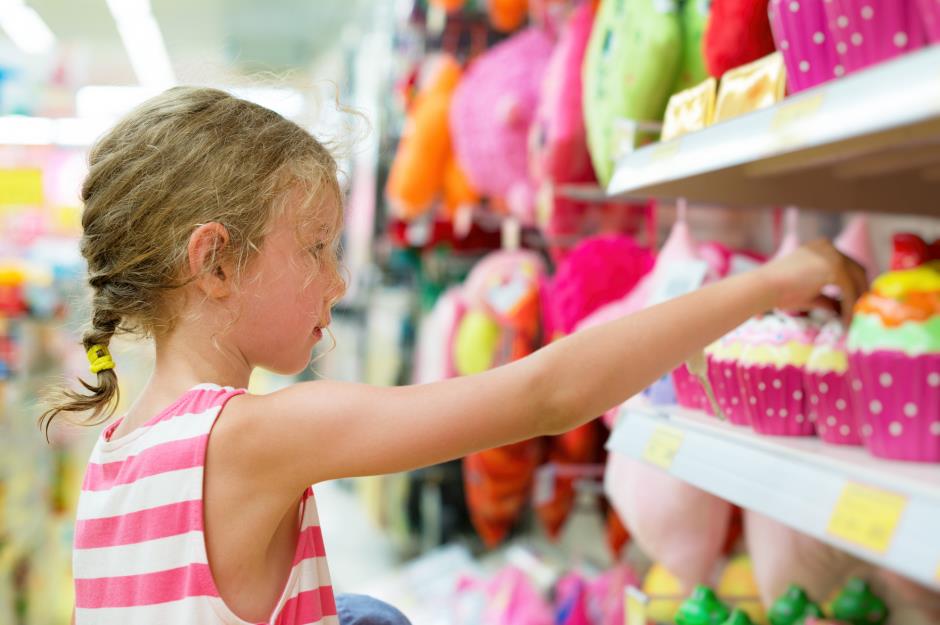
When your child has learned to save for something he or she really wants and has reached their savings goal, help them to research where they might be able to get the best price for the item they want to buy. Show them how to search online for the best price, and compare a few stores before making the purchase. When your child determines the best price through research, they will feel the joy of finding a good deal and develop the habit of deal-searching as they get older.
Now read about the things lying around your home that you can sell right now
Sponsored Content
9. Sharing (money) is caring
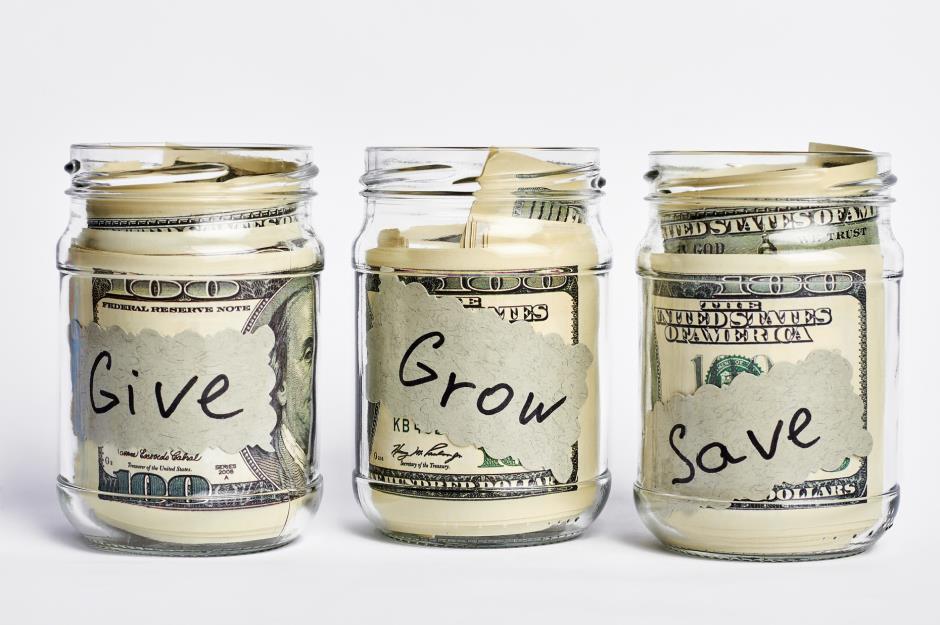
Beth Kobliner, author of Make Your Kid A Money Genius (Even If You're Not), suggests getting children to divide their pocket money into three jars: Spending, Savings, and Sharing. Spending is for everyday things such as sweets/candy or snacks. Savings is for bigger toys or treats. Sharing is to spend helping their friends, a charity they might like or giving it to someone who needs it. Generosity is as important a lesson to learn as responsibility.
10. Compound interest can make you richer
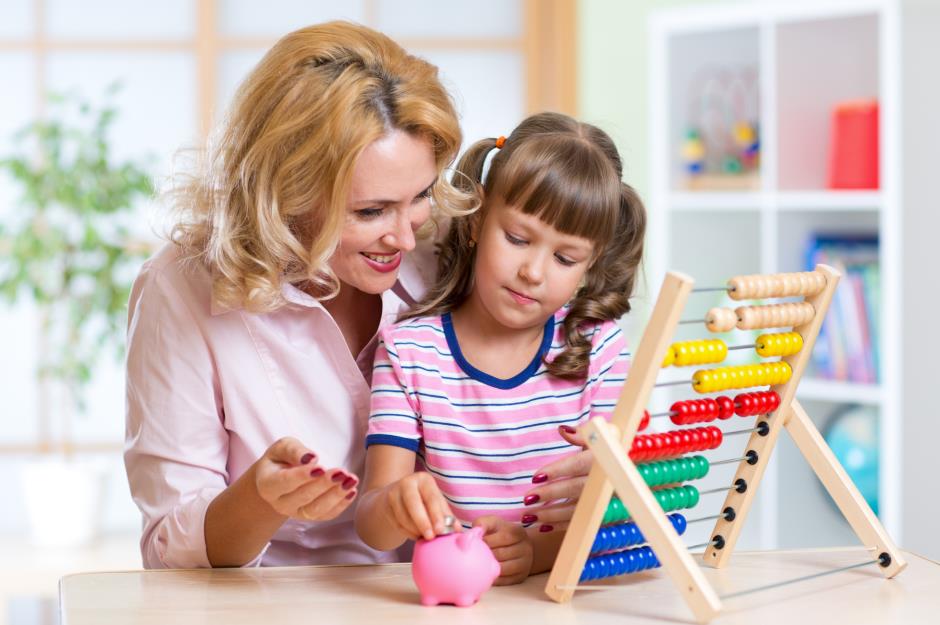
Even adults struggle with the notion of compound interest. The good news is that there are brilliant online calculators such as this one from The Mint that will help you both understand the term, and then help you explain it to your kid. And when you're both saving appropriately, everybody’s happy.
11. You won’t get bought something every time we go out
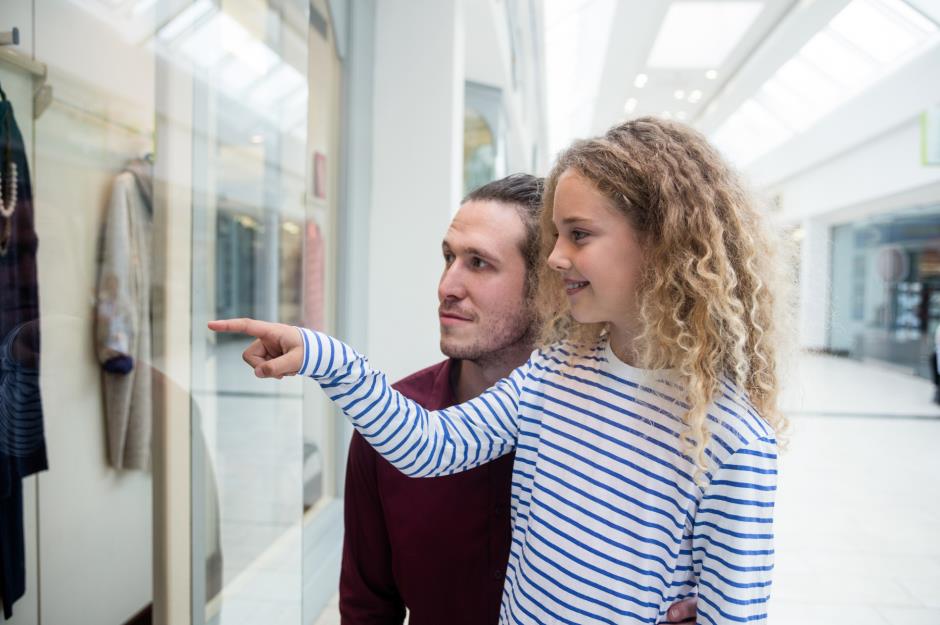
This can be tricky for everyone, but ultimately will determine how successful you’ll be with your money as an adult. “When we go into a store, if I say, ‘We don’t have money for this,’ they’re smart — they know we have credit cards,” Kobliner told Forbes about her family. “We’re here to buy a gift for X, and we’re not going to buy anything for you, because we’re not here for that.” Kobliner says this teaches kids that going into a store will not necessarily mean buying something.
Sponsored Content
12. How to make everyday financial choices

The supermarket is a great place to teach your children for about money, and you can still talk to your children about your food choices once you've returned from the weekly shop or when you are placing an online order. Explain to your child why you might be buying a generic brand of cookies rather than a well-known one because it’s cheaper and tastes pretty much the same, for example. Then give a child some money and ask them to pick out a product with similar parameters: it must be within the budget, and a sensible choice.
13. How to make long-term decisions

14. What is debt and why you should be mindful
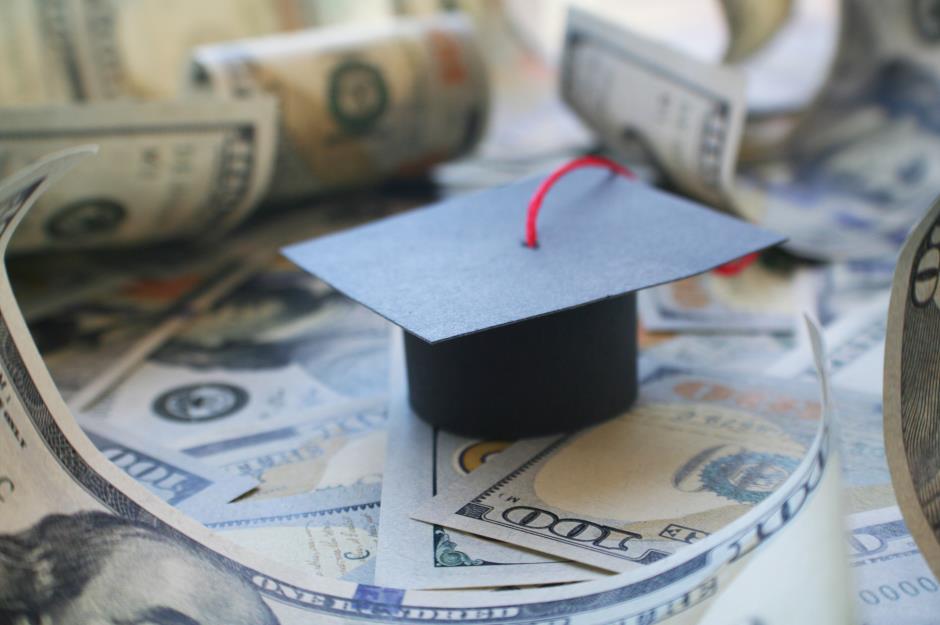
Sponsored Content
15. Credit cards should be used with caution

Children can see parents and grandparents paying for treats and shopping with their credit cards and assume it’s an easy way to buy what they want. But they should understand the implications of credit, and be taught to always pay their balance in full. Most importantly, children and teenagers should be made aware of the difference between credit and debt in order to avoid bad decisions later in life. When buying bigger items, such as a washing machine or car, discuss the advantages and disadvantages of paying outright or in instalments – and whether flexibility outweighs price in each purchase.
16. It's important to be a little cynical

17. It's important to question deals and offers
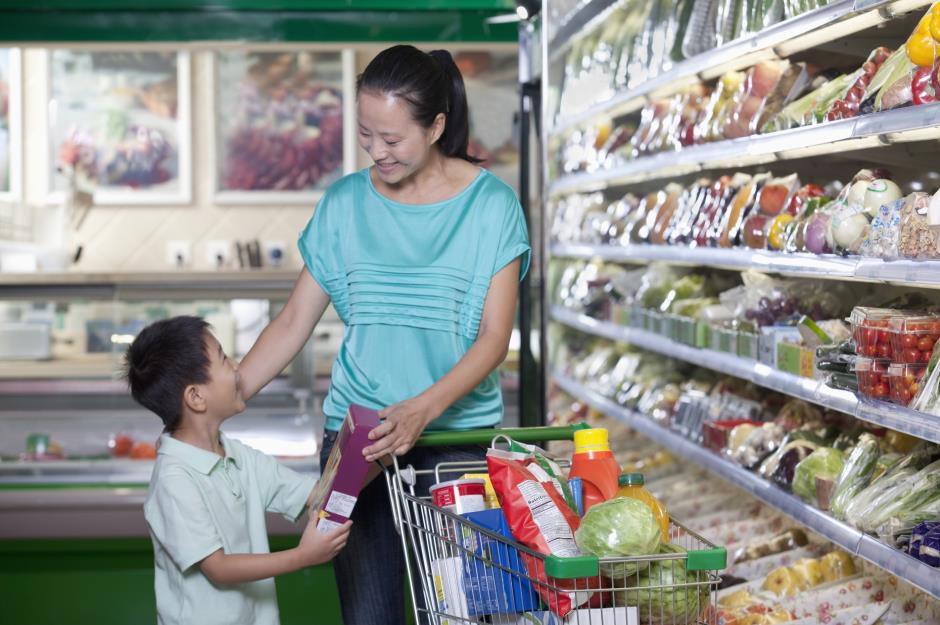
As we've said the supermarket is rife with learning opportunities. When it's safe, take your children with you and point out deals and sales, such as “buy one get one free” or twin-packs. Discuss how much the unit price is, if the deal is really cheaper, and if it is, do you need it or is it an impulse purchase driven by a saving.
Sponsored Content
18. Know how much money you have

19. Learn what your time is worth

20. It's OK to talk about money

Perhaps the most important tool for parents and grandparents trying to educate their children about money and personal finance is open dialogue. Frankly discuss money with children in terms they will understand, but don’t make it a taboo subject. Children should feel confident about asking questions and discussing money with parents as this will foster a healthy, frank relationship with their own personal finances.
Here's how to adapt to a tighter budget and still enjoy life
Sponsored Content
Comments
Be the first to comment
Do you want to comment on this article? You need to be signed in for this feature